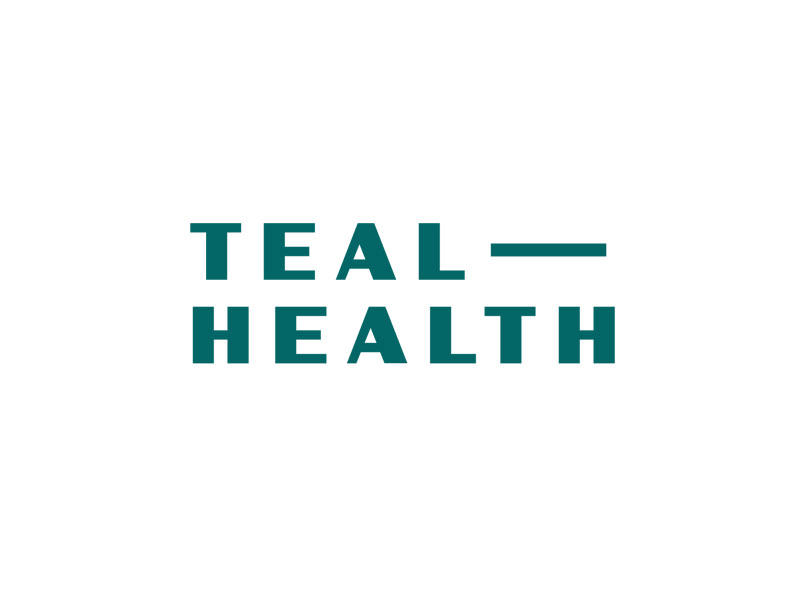Teal Health, the woman-led company behind the Teal Wand at-home cervical cancer screening, has officially announced its submission to the FDA.
According to certain reports, once approved, the stated technology will address barriers to cervical cancer screening, and therefore, give millions of women with a cervix an alternative method for screening, a method which understood to be more convenient, comfortable, and private.
More on the given submission would reveal how it comes after Teal’s technology received FDA Breakthrough Device Designation in May earlier this year.
Not just that, the development also delivers a rather interesting follow-up to Teal Health’s SELF-CERV clinical trial, which focused on the same screening technology. Going by the available details, this particular trial went on to showcase strong clinical performance and an overwhelming preference for the Teal Wand. After recruiting over 600 participants at 16 different clinical sites across the U.S., the study discovered that 94% of participants said they’d prefer to self-collect sample at home if they knew it was just as accurate as an in-office exam. These were joined by another 93% who found Teal Wand easy or very easy to use.
In fact, 92% of study participants collected samples in under two minutes and 90% reported it was as comfortable, or more comfortable than the current experience.
“Our goal has always been to design for women, listening to their needs and building a solution that fits into their lives. This submission is our final step in being able to deliver that solution,” said Kara Egan, CEO of Teal Health. “Cervical cancer is almost entirely preventable when caught early, yet 1 in 4 women in the U.S. are behind on their screenings. Women want to be up-to-date, but the universal truth is that we are just too busy: too busy with our jobs, caring for our kids, helping our aging parents, you name it, we’re doing it.”
Apart from it, making Teal’s innovation all the more important was an estimated 86% participants saying that they would be more likely to stay up-to-date with routine cervical cancer screening if an at-home self-collecting option was available. The study also saw women with a cervix across various demographics, including race, ethnicity, income, and gender identity, reporting somewhat similar reasons for a delay in screening.
You see, thirty-two percent of participants cited lack of time, discomfort with the current in-office screening, and cost as their topmost concerns. Beyond that, the study found nearly half of the US counties did not have an OBGYN, whereas on the other hand, one-third of Americans were deemed as unable to access preventive care.
During the study, Teal Health would also prioritize diversity, ensuring representation across various demographic groups. To expand upon this, we must acknowledge that over 25% of SELF-CERV participants were Black or African American, nearly double the representation in other similar trials.
Furthermore, 20% identified as Hispanic or Latinx, mirroring national demographics, and 1.2% as American Indian/Alaska Native or Native Hawaiian/ Pacific Islander.
Not just that, the majority of participants identified as heterosexual females, with 13% identifying as bisexual, pansexual, or gay/lesbian and 2% identifying as genderqueer/non-conforming, transgender/male, or other gender identities. While a good chunk of participants had an annual income below $50,000, the age band was found to be between 25 and 65. Another detail worth a mention would be how the study’s women faction included 18% of those who were in perimenopause or menopause, a group that can often experience discomfort with traditional speculum exams.
“The diverse representation in this trial is critical, as cervical cancer disproportionately affects women of color, women who have challenges with today’s screening due to physical or emotional challenges with a speculum exam, along with other marginalized groups,” said Liz Swenson, MD, OBGYN and Medical Director at Teal Health. “This study reflects our commitment to addressing the challenges faced by patients from all walks of life.”
All in all, the FDA submission from Teal Health comes on the back of a $1.68 million SBIR grant from the National Cancer Institute, which will further accelerate the development of Teal Wand.






